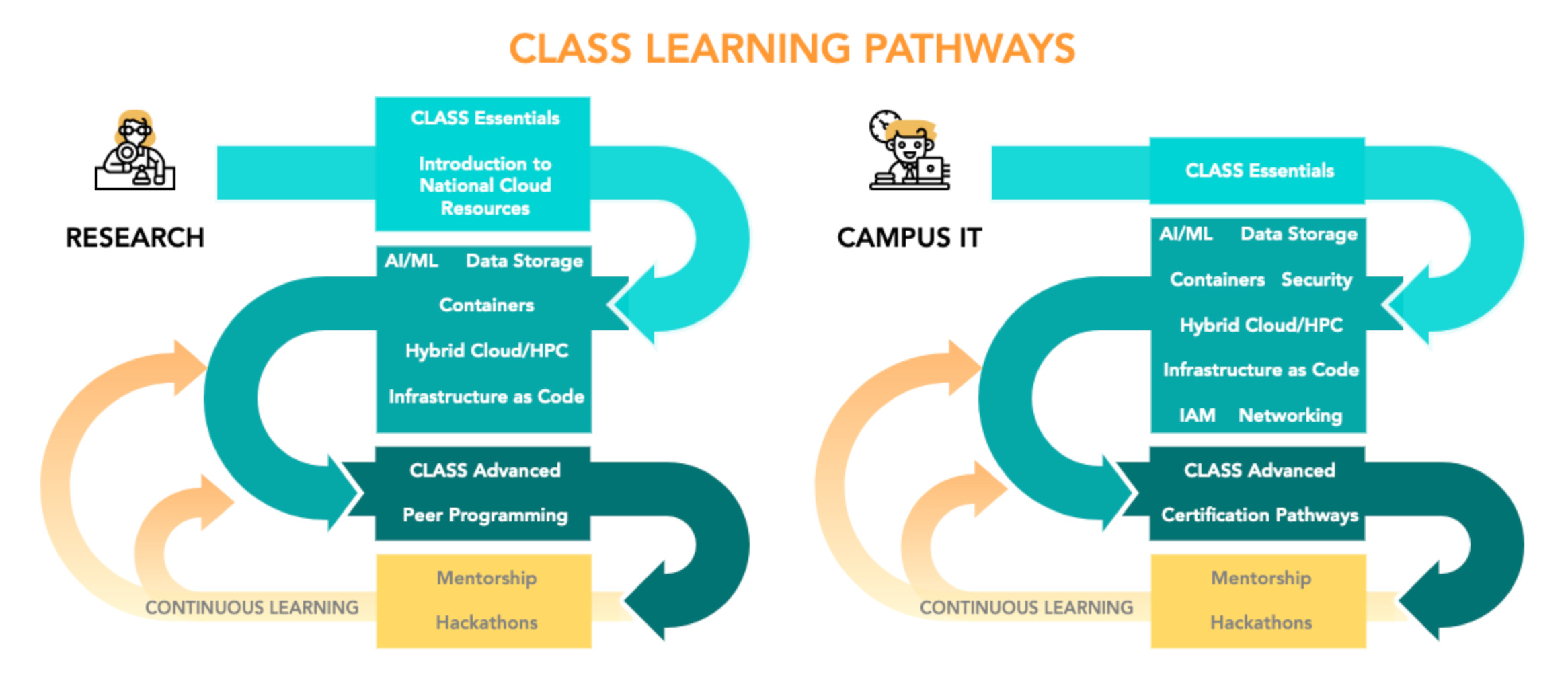CRM giant Salesforce recently unveiled new features coming to its Education Cloud platform aimed at streamlining common tasks for educators and students.

CT asks Amanda Tan, the research engagement program manager for Internet2’s Cloud Learning & Skills Sessions program, how CLASS helps the research and education community learn to navigate the quickly changing cloud knowledge base.
Artificial intelligence took the lion's share of the spotlight at the recent 2024 Google I/O developer conference.
Microsoft is investing more than $3 billion in a new AI and cloud datacenter in southeast Wisconsin, an initiative paired with two higher education partnerships aimed at fostering workforce training.

As Microsoft transitions from unlimited storage for education customers to a maximum of 100TB of free storage across OneDrive, SharePoint, and Exchange, here are 10 ways to manage your storage more efficiently and keep storage costs in check.
Data-as-a-service provider Snowflake has introduced Arctic, a new large language model (LLM) based on a unique Mixture-of-Experts (MoE) architecture optimized for complex enterprise workloads.
Amazon Q — the company's answer to cloud rival Microsoft's "Copilot" AI — is now available for commercial use.

Democratization of AI, the need for data literacy, and more are key themes in two new survey-based reports from a cloud giant and a research firm.

Amazon Web Services has confirmed to multiple outlets that it plans to lay off hundreds of staff in an effort to "streamline."
Amazon Web Services has completed its promised $4 billion investment in generative AI company Anthropic.